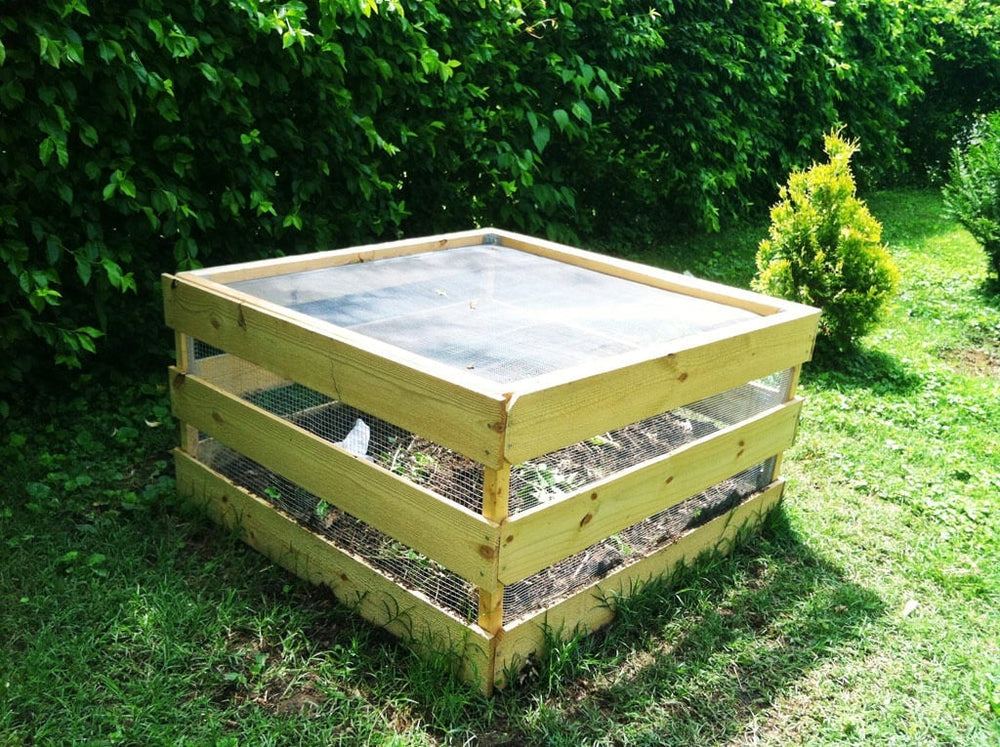
I grew up in a family of composters. For as long as I can remember, my mom has tossed eggshells, coffee grounds and filters, fruit peels, and other organic matter into a small white bag kept in the cabinet under the kitchen sink. When the bag is full, the contents get contributed to their (fairly massive) compost pile.
If you're new to composting, it's really very simple. What many gardeners refer to as "black gold" is a mixture of vegetable waste, yard waste (like leaves and garden leftovers), and even stuff like paper and cardboard, all of which breaks down together and eventually creates this nutrient-rich miracle-mix that, when mixed with soil, helps plants be their very best.
As I added a load of fresh compost from my folks' bin to the garden a few weeks ago, I couldn't help but wonder (yet again) why we weren't making our own. This time, I spoke up.

"We could totally make a compost bin," I told my husband Todd, stoking the DIY flame that I know is there, deep within him. "It would be really cheap." I showed him a handout I'd picked up at a gardening workshop in which the instructor had suggested using super-cheap fence pickets or even wood pallets, which you can sometimes scavenge for free. Todd was convinced.
So on an early spring day, while my daughter Thalia and I worked on her vegetable garden, Todd was over in another corner of the yard, hard at work assembling our compost bin. Here's how he did it:
First, he cut six 8-foot pickets in half. Next, he cut an 8-foot 2 x 2 into four 2-foot sections to serve as vertical corner posts, then screwed the picket pieces to them to form a sort of open box. Two more 8-foot 2 x 2s were cut in half and assembled to form the lid, which rested upon right-angle brackets screwed to the top pickets. As a final (and, from what I gathered, least enjoyable) step, Todd stapled hardware cloth (a kind of metal mesh) over the lid and sides of the bin.

Finally, we had our compost bin! Into it went the small remaining pile of my parents' compost, to get it off to a good start. Since then, we've added a lot of kitchen and yard scraps of our own, turning the pile every few days, and have been pleasantly surprised at how quickly everything breaks down. And to Thalia's delight, we've already seen plenty of plump worms in the pile, doing their thing to help spin those coffee grounds into black gold.
by Susannah Felts

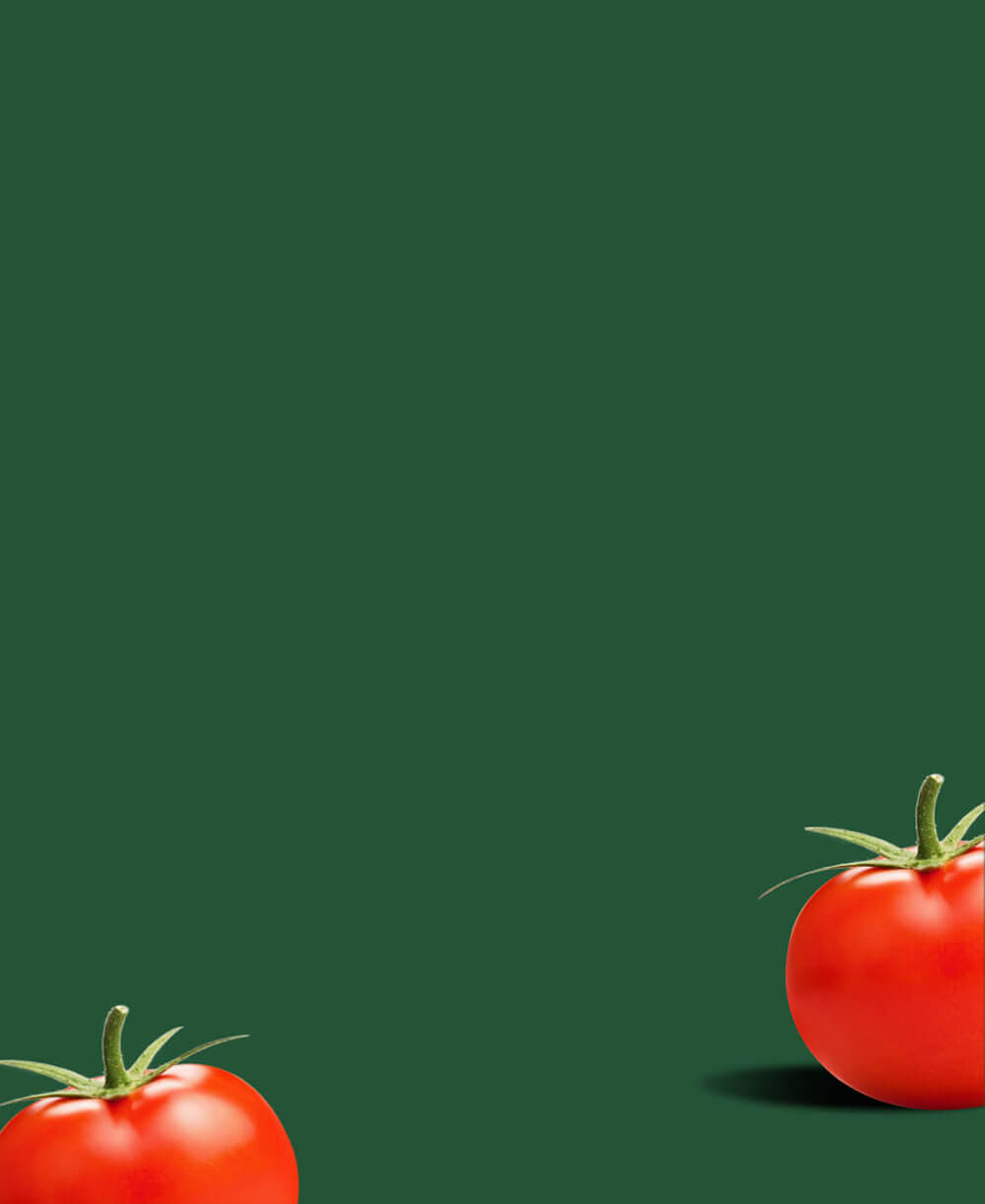

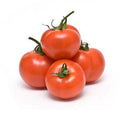

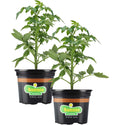
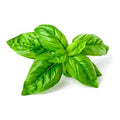 Herbs
Herbs
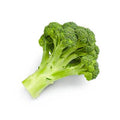 Vegetables
Vegetables
 Fruit
Fruit
 Flowers
Flowers
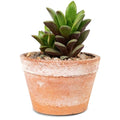 Succulents
Succulents
